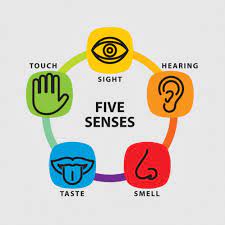When introducing change, managers most overlook making the change a compelling and heart touching event or process. After all, it's not management-like to talk of feelings – the soft stuff. It's much easier to explain the change in terms of logic and reason, which we then find to our dismay, doesn't have the impact we intended.
The biggest thing in the video news in 2012 was, "Invisible Children", a 30 minute video made by the Invisible Children organisation aimed at garnering support against African warlords. By August 2023 it had 103 million views and 1.8 million engagements!
Why was this video so "big"?
It went viral. In less than five days it had more than 70 million views. This is a story about the abduction, mistreatment and ultimate radical indoctrination of children into a waring way of life. So why did it go viral? And why this video when other organisations (including Invisible Children) have produced similar topic videos without such social media success?
Does a video have to have a certain topic content to go viral? Do viral videos have to have anything in common to go viral?












